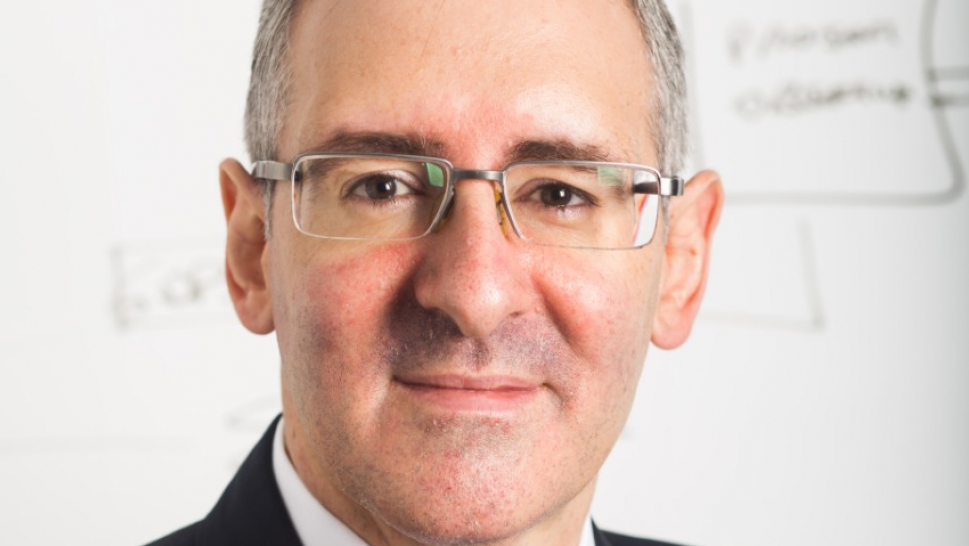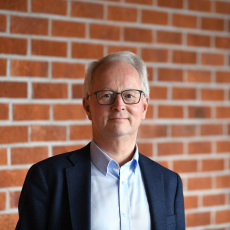I am delighted to support the publication of the CEMS Whitepaper on leadership in light of COVID-19, which plays a key role in helping us to understand the challenges and opportunities this crisis brings. It demonstrates the impact COVID-19 has had, and will continue to have, on businesses across the globe.
As an international CEO, it resonates that 55% of respondents believe there will be both positive and negative aspects to the change COVID-19 will bring to international operations. Whilst for many businesses the impact of the crisis on the bottom line is likely to be negative, there is a hint of a silver lining. Every crisis brings an opportunity to question business as usual and this crisis is no different.
Empowering individuals
As leaders we need to reconsider our approach to leadership. Altruism and an ability to trust in staff is essential if businesses are to weather the storm and create future resilience. Decentralise - trust your people and delegate to them. COVID-19 is likely to lead to permanent changes and one of these shifts should be regarding the way we as leaders talk about and value our staff. It is reassuring to hear that ‘humane’ leadership qualities such as empathy, resilience and communication skills are considered more important given recent events.
Whilst, of course, the bottom line is an important aspect of any business, there has been a tendency to focus too heavily on staff as a cost, rather than as an asset that helps grow businesses. In part, this is due to a dearth of metrics which enable us to measure the potential of our employees. Put simply, every firm is a network of employees and achievements of the firm can be broken down into the achievements of individuals. Empowering and caring about individuals creates a stronger business environment.
Thinking long-term
Finally, the research highlights the numerous ways in which change might occur, from new markets, increased remote working, reduced relationships with colleagues in other countries and fewer travel opportunities. We must break the habit of short-termism and think long-term if we are to truly address these challenges - something which applies to all elements of our business.
To achieve this, it is essential that employees have the right tools at their disposal to turn a crisis into an opportunity. Training and development will be crucial, especially given the potential for future disruptions. As the CEO of an international company, I also see intercultural experiences and global networks playing a crucial role in developing successful leaders in a post-COVID-19 world. As the research demonstrates, there is a risk that internal communication between staff in different countries is impacted, therefore ensuring they feel supported by leadership is vital.
For more insights from the CEMS Global Alliance on Leadership in a Post Covid-19 World, visit: https://cems.org/news-events/media-centre/press-center




